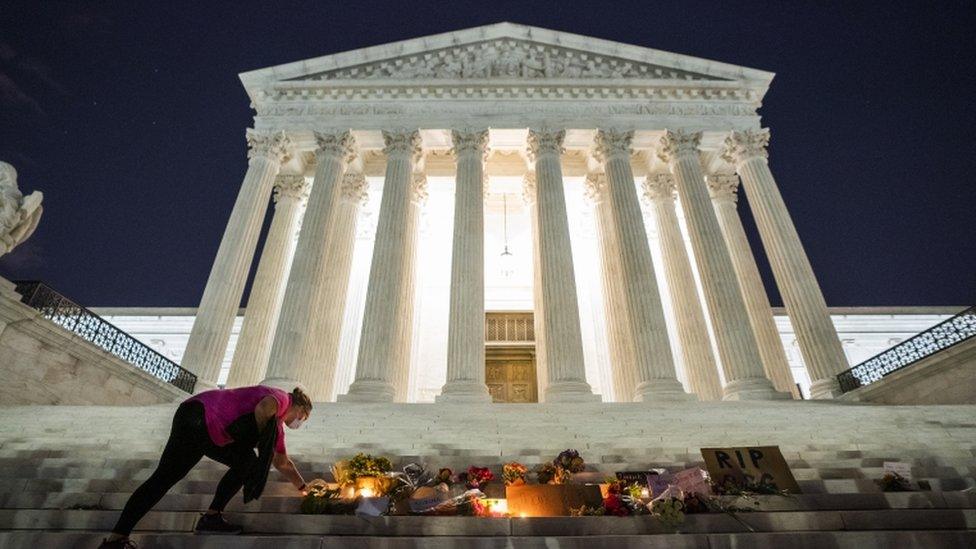Census 2020: Trump drops plan for controversial citizenship question
- Published
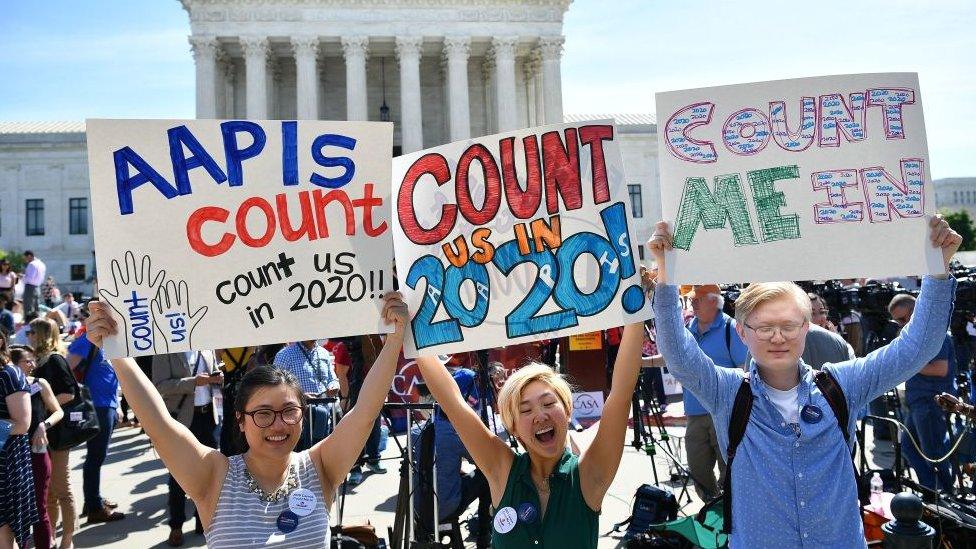
Efforts to include a citizenship question in next year's census sparked protests
The Trump administration has dropped a controversial plan to add a citizenship question to the 2020 census.
It comes just days after the Supreme Court blocked efforts to include the question, ruling that the government's justification seemed "contrived".
The administration argued the question would bolster protections for minority voters.
But opponents said it would deter immigrant households from taking part in the once-a-decade population count.
Democrats and civil rights groups said the question could lead to millions of people - mostly Latinos and African Americans - not being counted.
Last week, the Supreme Court temporarily blocked the citizenship question and said the government had not provided adequate justification for it.
President Trump initially touted the idea of delaying the census, external to allow time to provide new legal arguments, but on Tuesday his administration backed down.
"The Census Bureau has started the process of printing the decennial questionnaires without the question," Commerce Secretary Wilbur Ross said in a statement.
In a series of later tweets, President Trump said it was "a very sad time for America".
Allow X content?
This article contains content provided by X. We ask for your permission before anything is loaded, as they may be using cookies and other technologies. You may want to read X’s cookie policy, external and privacy policy, external before accepting. To view this content choose ‘accept and continue’.
What is the citizenship question?
"Is this person a citizen of the United States?"
This question has not appeared on a US census for all Americans since 1950, though it has been asked to some subsets of the population between 1970 and 2000.
The population count helps the government draw up districts for state and local elections, and determine how much federal funding each state receives - a matter of hundreds of billions of dollars.
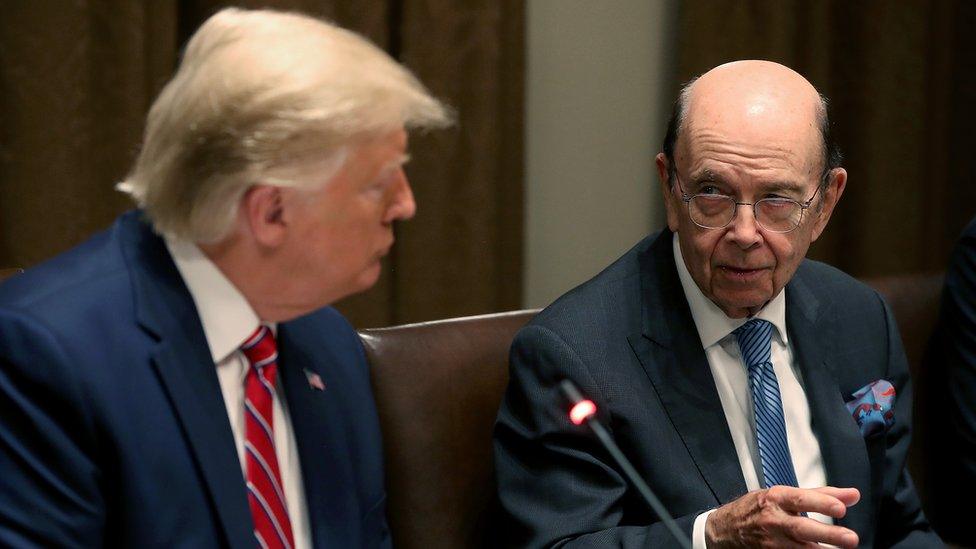
US Commerce Secretary Wilbur Ross (R) argued the question was needed for an accurate count
In a 2018 report, Census Bureau researchers found that the inclusion of a citizenship question could suppress response rates in households with immigrants and minority groups, leading to a "lower-quality population count".
But Mr Ross - the billionaire financier who oversees the Census Bureau - insisted that detailed citizenship data would be of "greater importance than any adverse effect" posed by an undercount.
Why was it so controversial?
The White House argued that the decision was made for practical reasons. "When you have a census and you're not allowed to talk about whether or not somebody's a citizen or not, that doesn't sound so good to me," Mr Trump said to reporters last month.
But critics argued that the question was politically motivated and that it would have suppressed responses from immigrants and racial minorities.
They said this would benefit the Republican Party when it came to the drawing-up of districts for elections and calculating how much funding each state receives.
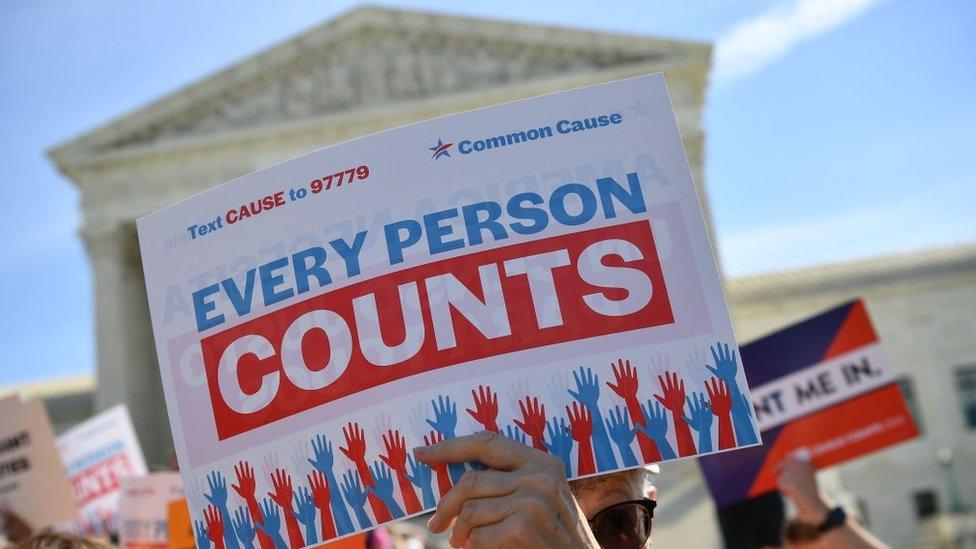
The proposed citizenship question has provoked protests across the US
The states with the highest immigration populations, such as California and New Mexico, would have been at the greatest risk of an undercount. Many of these states tend to vote Democrat.
Depressed response rates in these states would allow for electorate boundaries to be redrawn, pulling political power - and funding - away from Democratic-leaning, minority households.
Last week, the Supreme Court wrote in a 5-4 ruling that the Trump administration had not provided adequate justification for the inclusion of the question.
Three federal judges had earlier issued rulings to block the question, one calling it a threat "to the very foundation" of US democracy.
- Published28 June 2019
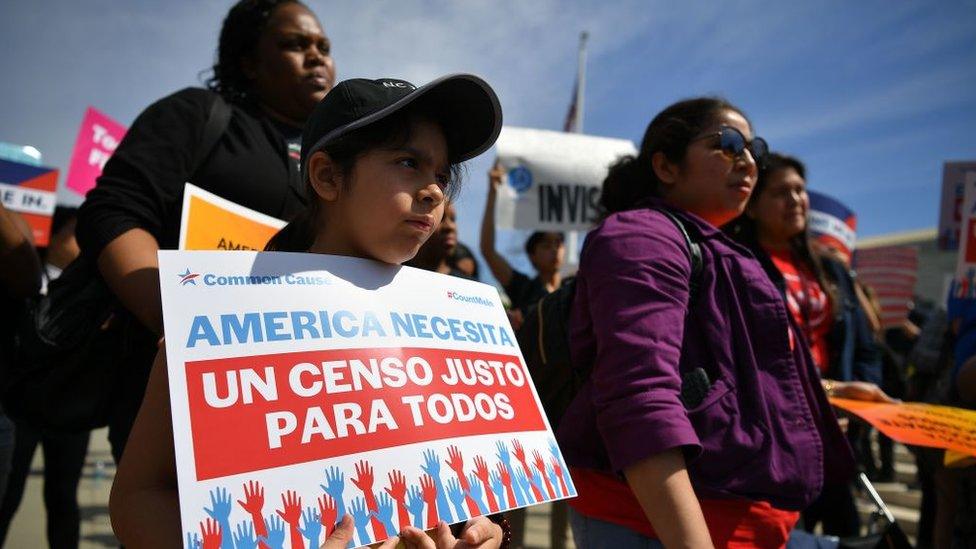
- Published13 June 2019
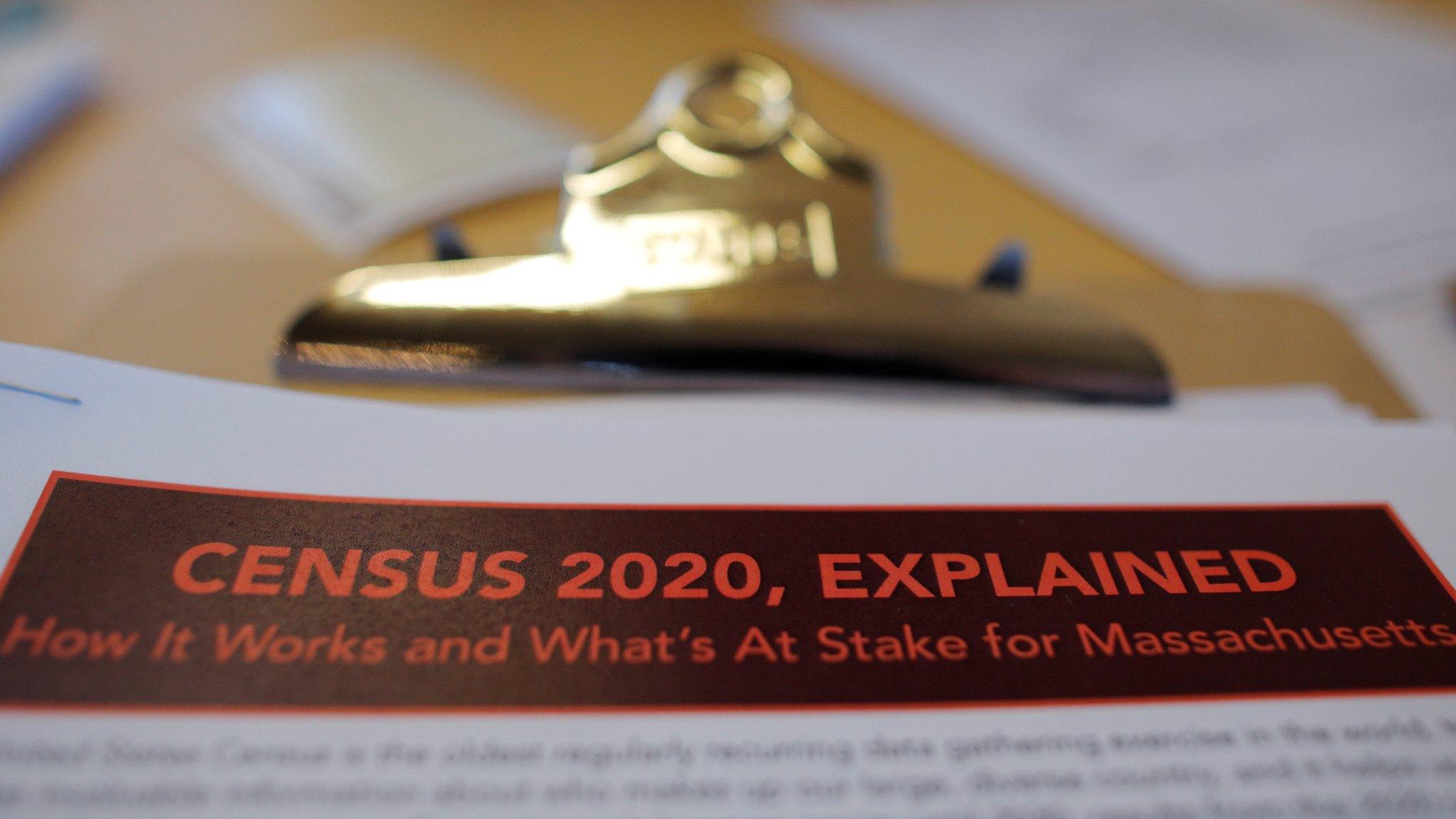
- Published1 November 2018
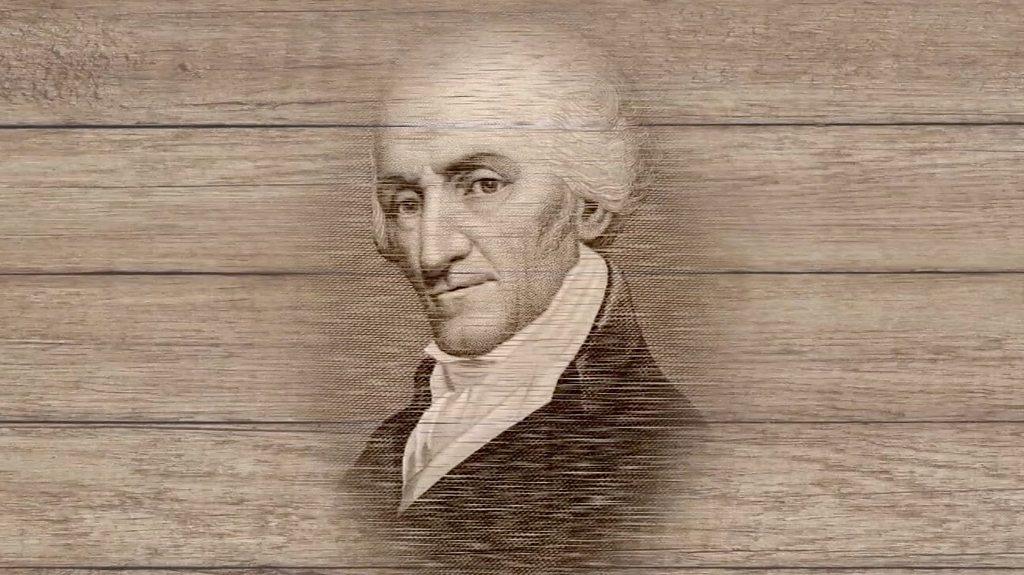
- Published19 September 2020
